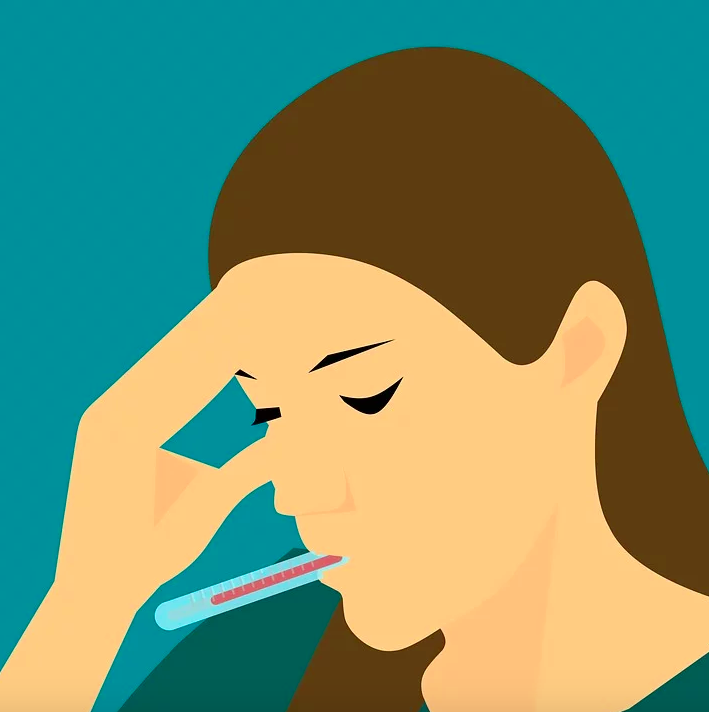Flu Fighting
We’ve all been there. A tickle in your throat, a runny nose, maybe even a temperature. At this point in the year, the UNIS community is all too familiar with the cold and flu symptoms. In this article, I will explain evidence based ways to avoid getting sick, and what to do if you are. Let’s avoid, and hopefully end, the flu and colds that have been going around since November!
What you can do at home:
1. Get the flu vaccine
Get a yearly flu vaccine! It is the best way to protect against seasonal flu infections. Flu vaccines are available at the doctor’s office or at most pharmacies. The CDC estimates that the flu vaccine prevented 5.3 million people from getting the flu between 2016 and 2017.
2. Get sleep
According to healthline, adults who sleep at least eight hours each night over a two week period showed a greater resistance to the flu and the cold.
3. Eat green vegetables
Green vegetables have a variety of vitamins that help a balanced diet and support a healthy immune system. According to healthline, green vegetables send a chemical signal to the body that boost cell-surface proteins that are required for immune-system functions.
4. Get Vitamin D
Vitamin D has been proven to support a healthy immune system, bone growth, and cardiovascular movement. Food with a high source of vitamin D include mushrooms, egg yolks, tuna, and beef liver. There are also vitamin D supplements at pharmacies.
5. Keep moving
Having a regular exercise routine, such as walking home from school, keeps away chronic disease, reduces stress hormones, helps circulate disease-fighting white blood cells which help the body fight colds.
6. Relieve stress
Doctors found a connection between chronic mental stress and physical illness. Reducing stress by yoga or meditation, for example, is a very effective way to feel better and stop yourself from getting sick.
7. Drink green tea
Green tea contains antioxidants which lead to lower blood pressure and risk of disease.
8. Have good hygiene
Ways to have good hygiene include showering daily, washing your hands before eating or making food, washing your hands whenever you can, and brushing your teeth.
What you can do at UNIS:
1. Wash your hands – a lot. According to the CDC, washing your hands can result in a 16-21 percent decrease in respiratory illness.
2. If soap is unavailable, keep hand sanitizer in your bag and use that.
3. Avoid getting close to people who are sick. If you are in contact with a sick person, wash your hands after seeing them.
4. Avoid sharing personal items, such as food, utensils, drinking glasses, and water bottles.
5. Cover your mouth and nose with a tissue when coughing or sneezing.
You read this article too late, you are already feeling sick. Here is what to do within the first 24 hours:
1. Do not overexert yourself
If you begin to feel sick, it is important to rest and let your body fight off whatever you are feeling. Going too hard at that point will take away energy your body needs to get better.
2. Take over the counter medicine
Pain-relievers, such as ibuprofen or acetaminophen, can relieve symptoms such as fever, headache, body aches, and sinus pains. Make sure to read the label for correct dosage measurements. Also, pharmacies sell medicine for when you first feel symptoms that battle and weaken the flu or cold.
3. Avoid cold and damp environments
Bacteria and viruses love cool temperatures so, when you are feeling sick, it is better to stay warm and dry.
4. Drink lots of fluids
Water, decaffeinated tea, green tea, sports drinks, and sugar-free drinks are very effective. Also, hot tea with lemon and honey can soothe congestion, sore throat, and coughs.













